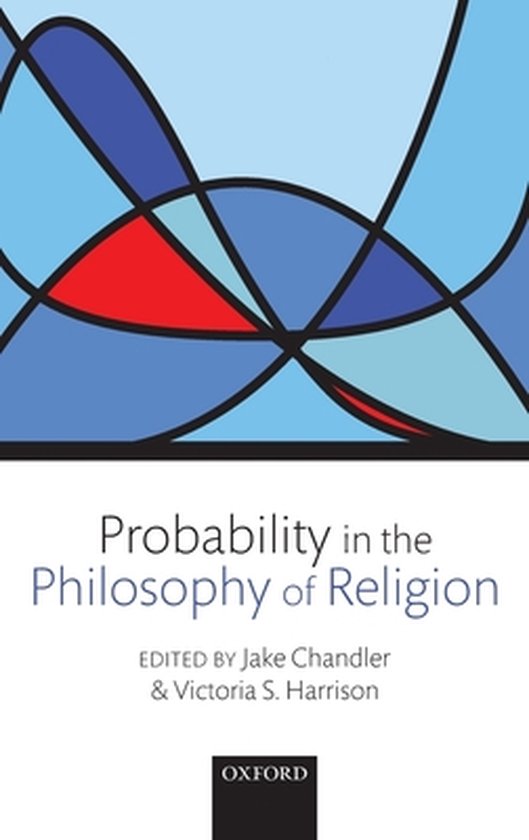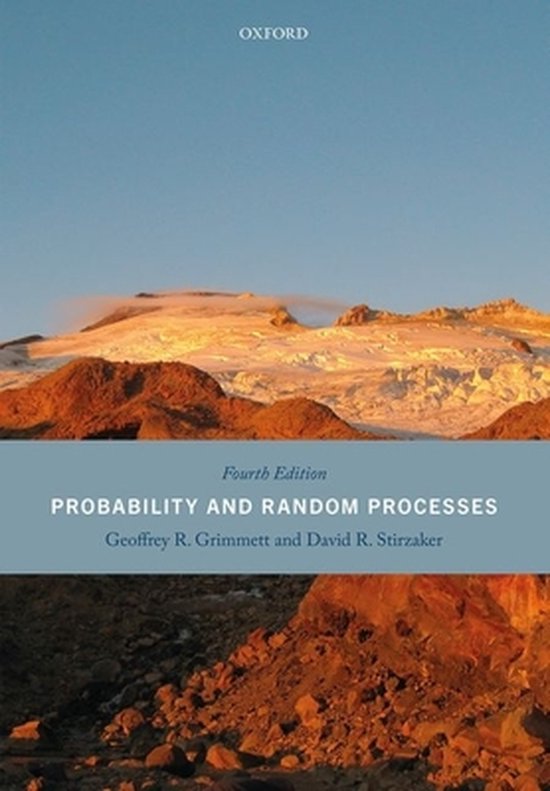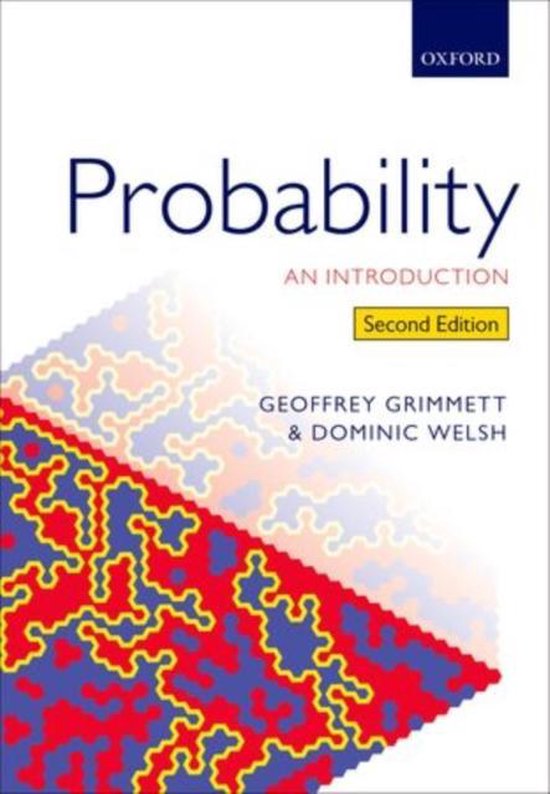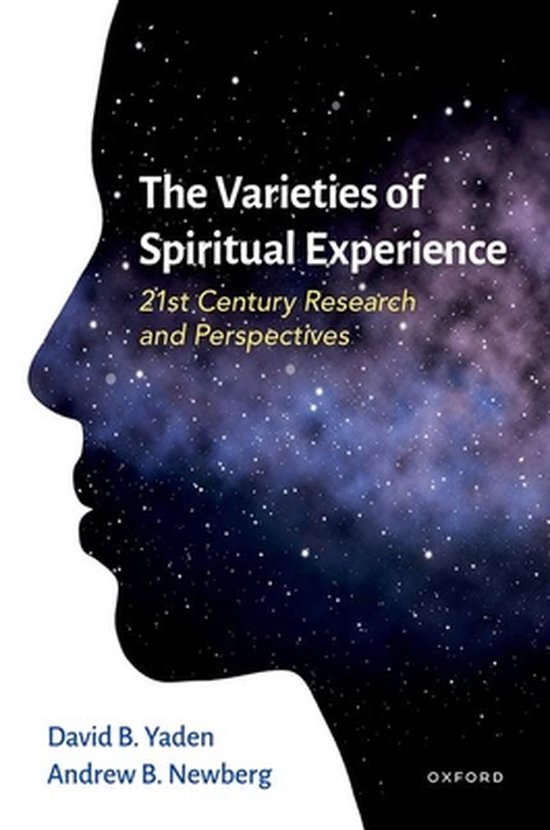
Probability in the Philosophy of Religion
These specially written essays show that philosophy of religion is fertile ground for the application of probabilistic thinking. The authors examine central topics in the field: the status of evidence relating to the question of the existence of God; the rationality of religious belief; and the epistemic significance of religious disagreement.
Probability theory promises to deliver an exact and unified foundation for inquiry in epistemology and philosophy of science. But philosophy of religion is also fertile ground for the application of probabilistic thinking. This volume presents original contributions from twelve contemporary researchers, both established and emerging, to offer a representative sample of the work currently being carried out in this potentially rich field of inquiry. Grouped into five parts, the chapters span a broad range of traditional issues in religious epistemology. The first three parts discuss the evidential impact of various considerations that have been brought to bear on the question of the existence of God. These include witness reports of the occurrence of miraculous events, the existence of complex biological adaptations, the apparent 'fine-tuning' for life of various physical constants and the existence of seemingly unnecessary evil. The fourth part addresses a number of issues raised by Pascal's famous pragmatic argument for theistic belief. A final part offers probabilistic perspectives on the rationality of faith and the epistemic significance of religious disagreement.
Probability theory promises to deliver an exact and unified foundation for inquiry in epistemology and philosophy of science. But philosophy of religion is also fertile ground for the application of probabilistic thinking. This volume presents original contributions from twelve contemporary researchers, both established and emerging, to offer a representative sample of the work currently being carried out in this potentially rich field of inquiry. Grouped into five parts, the chapters span a broad range of traditional issues in religious epistemology. The first three parts discuss the evidential impact of various considerations that have been brought to bear on the question of the existence of God. These include witness reports of the occurrence of miraculous events, the existence of complex biological adaptations, the apparent 'fine-tuning' for life of various physical constants and the existence of seemingly unnecessary evil. The fourth part addresses a number of issues raised by Pascal's famous pragmatic argument for theistic belief. A final part offers probabilistic perspectives on the rationality of faith and the epistemic significance of religious disagreement.
| Auteur | | Jake Chandler |
| Taal | | Engels |
| Type | | Hardcover |
| Categorie | | Religie, Spiritualiteit & Filosofie |


